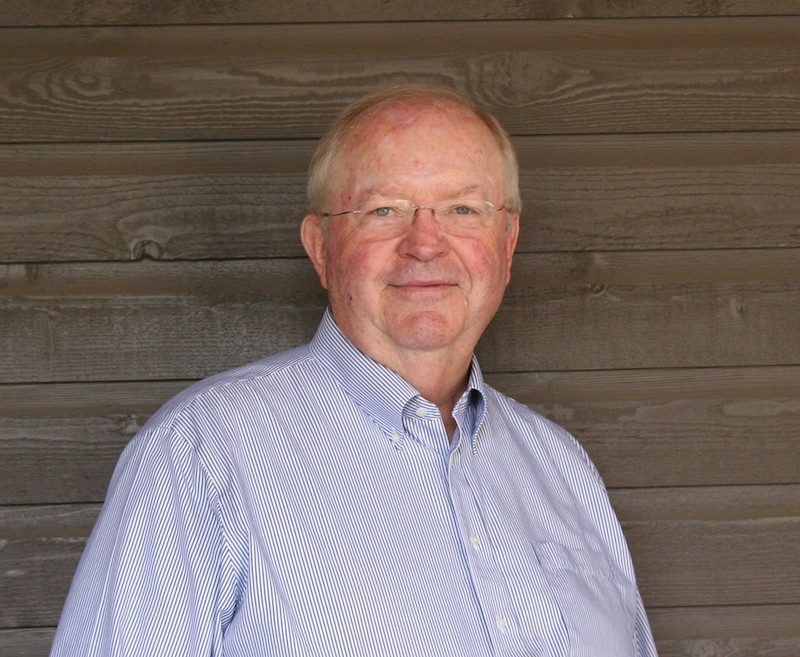by Rick Shanks
Chief Sustainability Advisor, Sustainable Environmental Consultants
Consumer-driven concerns require a “farm to fork” or food system approach to evaluating environmental impact risk. Consumers today want to know their food is safe, affordable, transparent and sustainably sourced. That means food manufacturers, food marketers and retailers will need to verify that their direct and indirect suppliers are using sustainable practices.
A changing landscape
There is a major global shift in the workforce. By 2025, the current 92 million Millennials in the U.S. will represent 75 percent of the workforce. They will have a purchasing power of an estimated $600 billion. Millennials lean toward environmental issues and are putting pressure on businesses to adopt social and environmentally responsible practices. A recent study by Cone Communications shows that nine in 10 millennials would switch brands for one associated with a cause that supports environmental stewardship and social responsibility. More importantly, they say they would pay more for a sustainably sourced product.
Consumers are spending more for sustainable products
Many consumers believe organic food products are safer and grown with environmentally friendly practices. In 2017, consumers paid nearly $5 billion for fresh organic produce, which shows consumers are willing to pay higher prices for food products they believe are safer and good for the environment. That said, consumers are becoming more informed and looking beyond organic to sustainable practices that include people, planet, animal welfare and profit. Recent studies indicate that supermarkets are looking for sustainability to be the next organic sales growth market.
Depending on the food system sector, there are specific sustainability indicators that are of greatest relevance. These include factors like worker availability and treatment, animal welfare practices, use of pesticides and antibiotics, greenhouse gas emissions and others. Consumers are willing to pay more for verified and sustainably sourced products and in fact are starting to demand proof of sustainability claims. That is why for retailers and their suppliers third-party verification, validation and environmental impact analysis are critical to support sustainability claims.
Food company promises
Today more businesses are disclosing their social and environmental improvement progress against their strategy in annual sustainability reports. The promises made in these reports are now being pushed into a new area that includes purpose-driven reporting. Food companies are waking up to the fact that consumers in general—not just the Millennial market—would be more loyal to a company that helps them contribute to social and environmental issues.
Consumers are asking food companies to provide verified proof and disclosure of environmental impacts for sustainable practices used in their supply chains. That is one of the key reasons that Sustainable Environmental Consultants created the EcoPractices sustainability platform, which uses science with state-of-the-art technology to assess supply chain sustainability risk and quantify key sustainability performance indicators. It also generates reports featuring easy-to-understand metrics, which help food marketers and suppliers share their sustainability story with consumers.
Retailer opportunity in a purpose‑driven market
This presents an opportunity for retailers to reap a financial reward. With independent verification of suppliers, retailers can confidently market high-valued, profitable items like produce, meat, seafood and dairy, as sustainably sourced through in-store signage, their website and in social media channels. More importantly, it reduces risk because retailer marketing is backed by independent third-party assessment and verification and delivers a competitive advantage.
Rick Shanks, certified as an associate of risk management, is chief sustainability advisor for Sustainable Environmental Consultants, a provider of innovative environmental solutions, including risk management services through its EcoPractices platform. Drawing on extensive risk management experience, he is responsible for identifying areas of opportunity and providing insight into food system and agribusiness operations and developing sustainability risk reduction solutions. Reach Shanks at [email protected].

